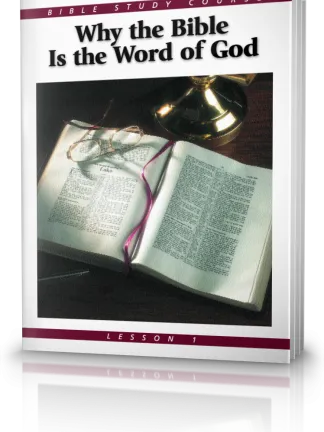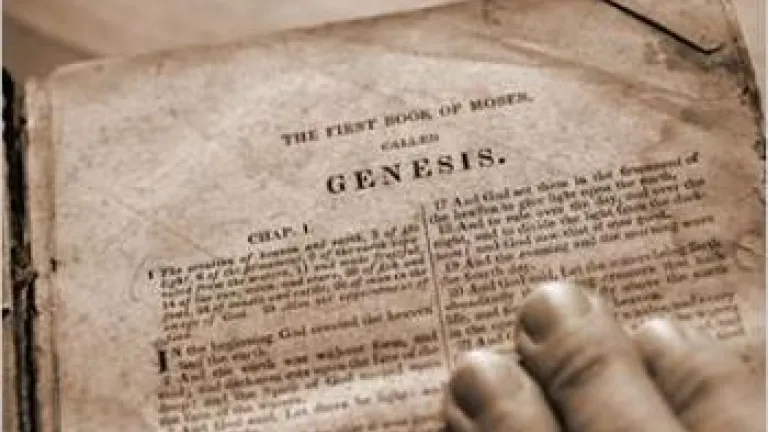Glossary
Glossary of Biblical terms.
The Bible: The books (Greek, biblia) that are acknowledged as canonical (authoritative) by the early Christian Church. It includes both the books of the ancient Hebrew prophets and those of the apostolic witnesses to Jesus Christ.
The Hebrew Bible: The books of the Old Testament.
The languages of the Bible: Mostly ancient Hebrew for the Old Testament (Aramaic for a small portion of Daniel), ancient Greek for the New.
The New Testament: The 27 authoritative books of the apostolic writings: the four Gospels of Christ, Acts (a history), 21 apostolic letters and the book of Revelation.
The Old Testament: Those books that make up the Hebrew Bible generally accepted by Christians, Jews and to some extent Moslems. It contains a threefold division: the Law (the five books of Moses), the Prophets and the Writings.
Oracles: In the New Testament the term means divine utterances and generally refers to the entire Old Testament or specific parts of it.
The Scripture(s): The divinely inspired writings of both the Old and New Testaments. The term Scripture is used in the New Testament to refer to both the Hebrew Bible (Luke 24:44-45) and the new apostolic writings accepted as inspired (2 Peter 3:16; 1 Timothy 5:18).
Secularization or Secularism: The silencing of the supernatural; an implicit denial of the miraculous in explaining human existence.





